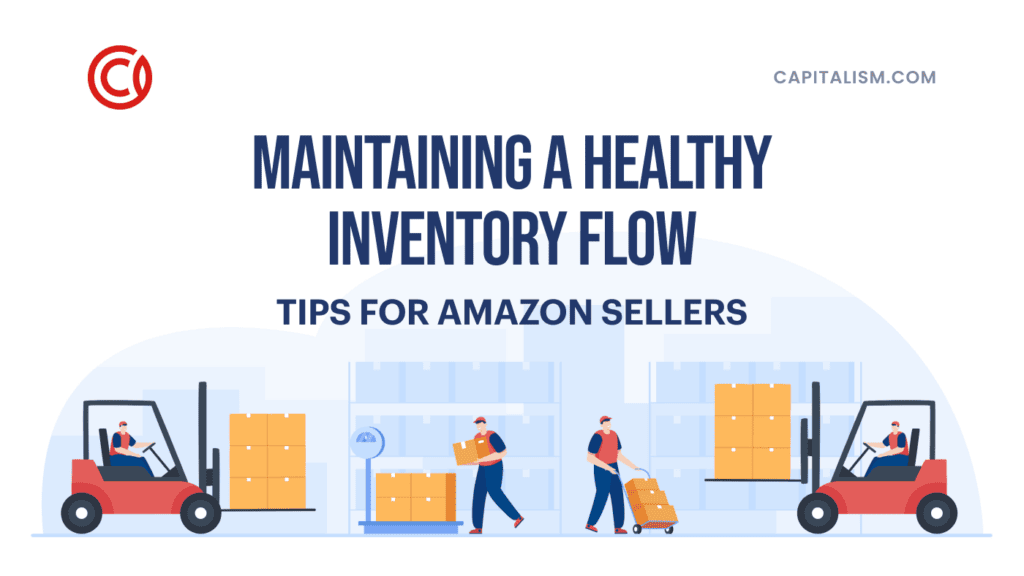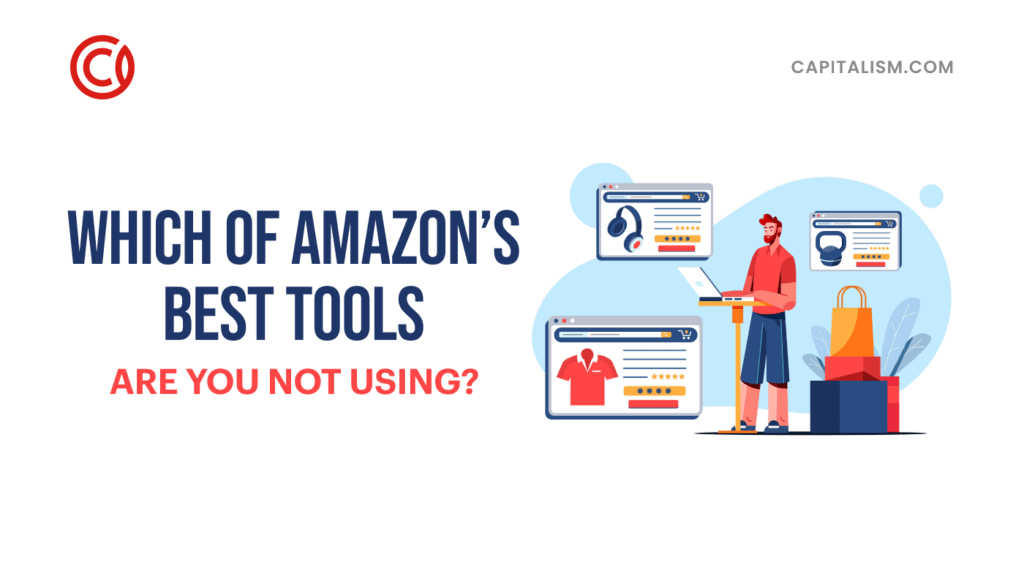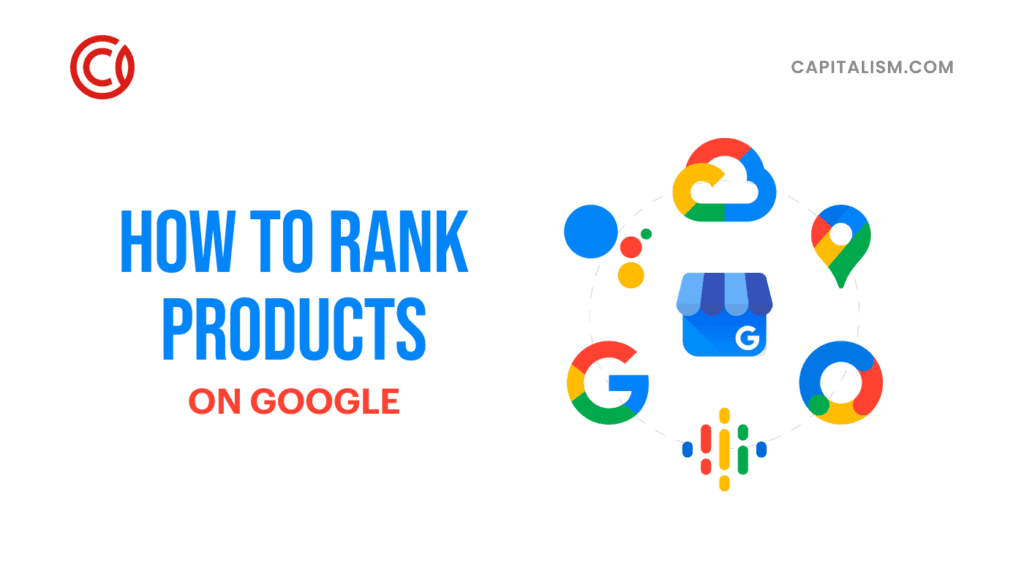Picking your niche is a dire subject that many entrepreneurs don’t spend enough time on, but can lead to a wealth of success. What is a niche market? This effective marketing method involves focusing your marketing efforts on a small, distinct population group in order to better serve them. This article will help you find your niche based on your experience and profitability potential.
Tip: The correct niche pronunciation is neesh.
Why Choose a Niche?
There are definitely some large companies and websites that don’t target a particular niche and offer everything. However, these companies have typically been around for decades and aren’t going anywhere. Walmart is one example from the highest end of the spectrum. When companies are this huge, you can’t compete.
For new entrepreneurs, choosing a niche when picking a product to sell is much better for a variety of reasons (listed below).
Easier to Make Industry Connections
If you’re trying to offer everything, it becomes much more difficult to make effective connections that will propel you forward. When you pick a smaller and well-established niche market, it’s easier to meet important people within the niche and scale your business. You’re more likely to complement other businesses, rather than creating competition for them to fight against.
Consumers Love Experts
When you become an expert in your niche, your followers will be excited to buy your product or visit your website for relevant content. Loyal customers are more likely to refer you to others who are looking for your product or service – one of the best marketing strategies because it’s free!
300 people who entrust you as an expert will result in more sales than 5,000 slightly interested people who simply happened to sign up for your email list.
You Get to Do What You Love
By narrowing down your product or service offerings, you can focus your time and energy on aspects of the business that you love most. This can be helpful for making improvements within your niche business and allow you to put out your best work. Whichever industry you decide to pursue, you can find something you love because there are always subgenres to branch out to.
How to Tell If a Niche Market Will Be Profitable
To determine if your niche idea will be profitable, online market research is essential. Here are a few research methods to determine if a niche will make money. Don’t worry if the data points to it not being profitable – there are plenty more niches that you can target.
Check Marketplaces
Browsing ecommerce marketplaces like Amazon and Clickbank (for affiliate marketing) is a good start to see if there is any interest in your potential niche. You can enter various keywords into the search bars, then check out the results and see what products are popular.
Example: Plenty of popular products come up on Amazon for “vegan protein powder”
Check Google Search Volume
It’s always a good idea to figure out how many people are searching for your niche market idea. Although there are many keyword research tools, Google Keyword Planner is a free keyword tool that will easily show monthly search volume, relevant keyword ideas, and the competition rate. Simply enter your keywords or phrases into the search bar to see the monthly volume.
10,000+ volume per month shows good potential.  For this example, we can conclude that “vegan” is a very popular niche and there are plenty of potential products to create within it.
For this example, we can conclude that “vegan” is a very popular niche and there are plenty of potential products to create within it.
Tip: Make sure to play around with the keywords and do some additional searches to see additional potential to gain audience or customers, such as content marketing. This lets you target new consumers through relevant, engaging content that answers questions and solves problems.
Check Google Trends
Google Trends can help you check and see if your niche idea is a dying trend or still growing. When picking your niche topic, it’s better to focus on evergreen niches instead of the hottest trends to avoid high competition. From the above example, we can see that “vegan” searches have slowly grown over the last five years and doesn’t seem to be going away.
From the above example, we can see that “vegan” searches have slowly grown over the last five years and doesn’t seem to be going away.
Validate Online Activity + Search for a Passionate Community
Online activity is one of the most essential factors to look for. For starters, you should look for popular blogs and websites related to your potential niche in order to validate the online activity. Finding a wide array of blogs and websites dedicated to the niche is a great sign.
In addition, you’ll want to gauge how passionate the community is. “Vegan” is a great example because there are an abundance of relevant social media accounts with hundreds of thousands of followers, as well as devoted forums and blogs. It’s easy to conclude that the community is extremely passionate. When your target customer is passionate about their niche, they are willing to spend money on it.
Make sure to look through Instagram hashtags, Pinterest posts, Twitter tweets, and other relevant social sites when researching on social media. You can easily find where the target audience hangs out and network with owners to drive traffic from these outlets.
A startup in this niche could partner with popular recipe creators, send products to influencers to promote them, partner with vegan restaurants in their area, create engaging articles that answer questions, and so on.
Listen to the Experts
If you keep up-to-date on marketing trends, many experts share when a niche is booming (or will soon be booming). This can help you brainstorm niche ideas. Ryan, founder of Capitalism.com and #TheOnePercent podcast, shares three niche market ideas in the YouTube video below.
5+ Niche-Focused Products and Services
Aside from the niches Ryan mentioned in the previous video, here are a few more niche examples based on growing trends. Most of these are based on existing products and are just meant to be examples.
- Clothing made from sustainable materials
- Rental furniture (as home ownership is declining)
- Bottled water in eco-friendly packaging
- Personalized skin care products
- Suitcases made for frequent travelers
- Travel-sized computers for the growing community of digital nomads
- Short-term cr reservations billed by the minute, hour, or day (i.e. Zipcar or Getaround)
Mistakes to Avoid When Picking Your Niche
While niche marketing can be very profitable, it can also be a loss if you don’t make the right choice.
Choosing a Popular Niche Because it Looks Lucrative
A proven list of niche markets that are profitable means nothing if you have no expertise in them. That said, selecting a popular niche based on lucrativity can be dangerous if you don’t have the experience to match. If you’ve never started a successful business, how can you try to teach others to do exactly that? You’ll need to have an acceptable level of experience and knowledge within the niche you select.
Don’t choose a niche you know nothing about just because you’re focused on selling. Focus on the knowledge that you can share with your ideal audience target. As a result, you’ll create fans and a loyal customer base much easier.
Choosing a Niche Market That is Too Specific
 It’s possible to be too specific. Starting a business around a single product or service with no room for growth limits your ability to expand your traffic and revenue. Even if you start with one product, you’ll want to ensure you can broaden your reach in the future.
It’s possible to be too specific. Starting a business around a single product or service with no room for growth limits your ability to expand your traffic and revenue. Even if you start with one product, you’ll want to ensure you can broaden your reach in the future.
Before selecting a single topic, perform a Google search with your keywords and see what suggested phrases pop up while you’re typing in the box. Also, scroll down to the bottom of the results page and take note of searches related to your keyword.
Choosing an Oversaturated Niche
On the contrary, you should be weary of the niche markets that have too much competition. It can be very difficult to become known by your target audience within these popular niches, even if you have expertise. You will need to spend more time and effort on content that’s better than your competitors and solves the problems of your target audience. Even so, it can be done.
Choosing a Niche with an Offline Target Audience
Where does your ideal customer spend their time? Even if you find an unsaturated niche with hundreds of thousands of people within the target audience, you will find less success if they don’t spend much of their time online.
If you do find certain platforms they spend their time on (i.e. Pinterest), then you should focus marketing efforts here. Make sure to do this research before picking your niche market to ensure you will be able to reach them.
How to Test a Niche Idea?
Even if you have a seemingly brilliant idea for a product or service, it’s still important to test the waters before going all-in. This is less important for blogs because they don’t require much investment in the beginning (aside from your time). However, it’s absolutely necessary when creating a product.
Build An Audience Before Making the Product
Building an initial audience can be done a number of ways – running a small paid campaign to see who is interested, creating an email marketing list for those interested customers, testing social media campaigns, and starting a kickstarter campaign are a few ways. You’re just testing the waters, so you don’t need a huge marketing budget.
Start Small
Even if you’ve already built a good audience base, you’ll want to start with a smaller batch of products. Review feedback from your first customers and send some products to relevant influencers to see what they think. By receiving feedback from other experts, you’ll be able to perfect the product before making a ton of products and releasing them to the larger public.
Bottom Line
Overall, picking your niche is a decision that can lead to an abundance of success or unfortunate failure. This is why it’s very important to spend as much time as you need researching and selecting a niche. The niche market you choose should be something you’re knowledgeable about, backed by a passionate community of individuals, have not too much competition, have plenty of room for partnerships, and a good amount of search volume.
Don’t worry, there are hundreds of potential niche markets that you can find success in!













